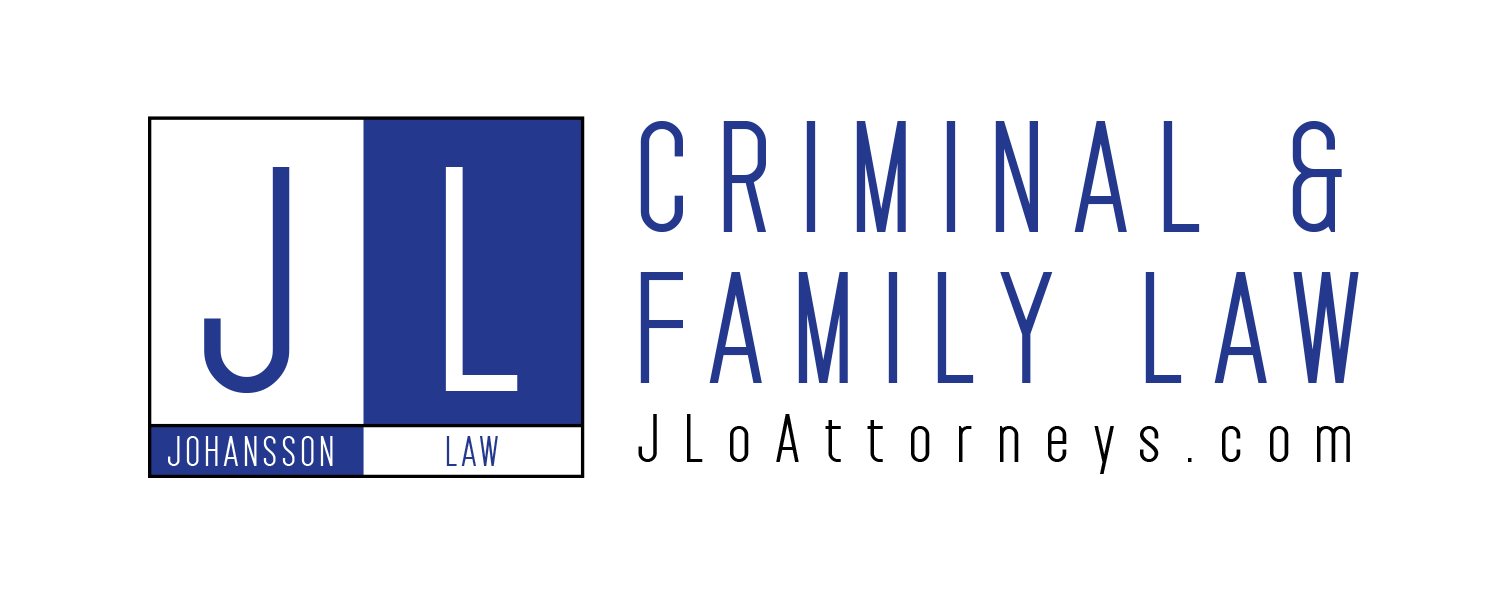When money or property goes missing that has been entrusted to an employee or institutions, embezzlement may have taken place. There are other types of embezzlement, as well. For instance, if mail is stolen by a postmaster or letter carrier, it may constitute embezzlement. And if a person has property legally entrusted to him (but not owned by him) and he uses that property for personal gain, it could be an instance of embezzlement.
The various forms of embezzlement are described in Title 18, Chapter 31 of the U.S. Code. The exact penalties depend upon the position of trust or authority that has been exploited, and the amount that has been taken. Public money exceeding $1,000, for example, can carry a prison term of up to ten years and a fine as much as the value of the property embezzled.
Embezzlement is a serious charge and in most cases is considered a felony. The consequences of a conviction might include prison, fines, restitution, loss of the ability to be bonded, and more. And the stigma attached to the crime can make the implication of guilt as damaging to one’s professional status as a conviction.
If you have been accused of embezzlement, speak to an experienced criminal defense attorney as soon as possible. The organization and understanding that comes with early preparation by a knowledgeable defense attorney can increase your chances of a favorable outcome, including the possibility of charges being dropped.
Call us today at 954-745-7517 or email us for your confidential consultation
